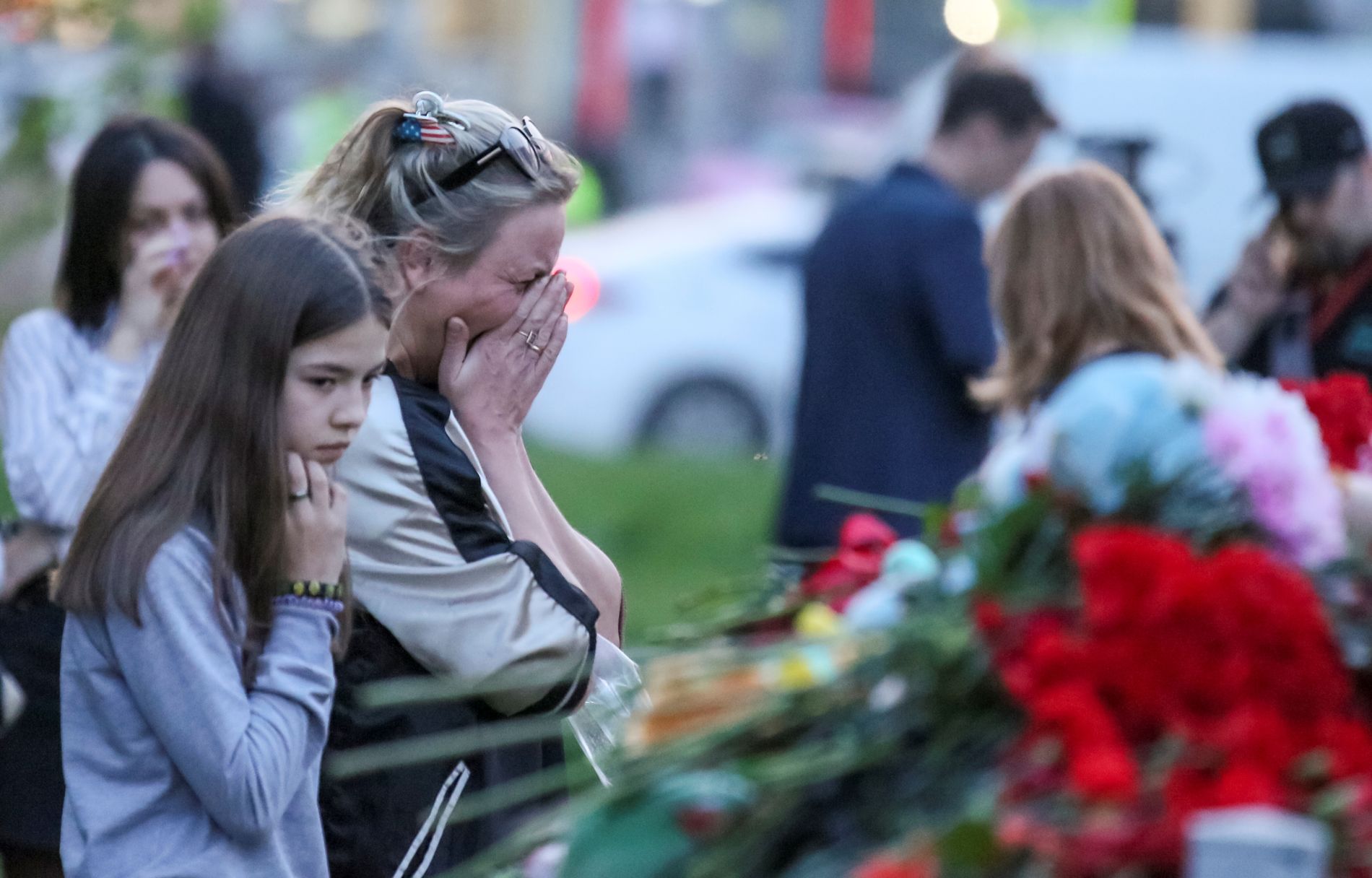Why be surprised that your leaders set themselves up as prophets? A pattern familiar to monotheisms and populisms, it is a religious imprint. His people are a community of faith, his purity that of Eden; corruption is original sin and the fall into history, imperfect and expired.
In the humus of ancient religion their political religions grow. The myth of the good savage, said the Venezuelan thinker Carlos Rangel, feeds that of the good revolutionary. That is why the secularized classes brand populist leaders as demagogues and the popular masses believe them saints.
The populist moment – together with the crisis that exalts its messianic power – originates from a mixture of social fragmentation, cultural disintegration and moral destabilization. That was the Caracazo in 1989, the outbreak of the Argentine government in 2001, the Brazilian Operation Lava Jato in 2014. All these are typical features of modernity, of its chronic decomposition of ties, identities and cultures: technological innovations, migrations, generational abysses , new ethical frontiers, global fashions, are present in today’s populism.
This is how the historical cycles of Latin America are understood. A populist rebound follows every cosmopolitan and secular era. So it was with Lázaro Cárdenas in Mexico, Getúlio Vargas in Brazil and Juan Domingo Perón in Argentina after the liberal era, so it was with the Cuban Revolution and its emuls after the postwar democratic wave, like this from the end of the Washington Consensus to our days. To the open and secular society, Peronism opposed the tellurism of the Catholic tradition; Chavismo, that of the rural caudillos; Bolivian indigenism, ethnocentrism. Populism is not a bird of passage in Latin America but a leading actor, although it changes its name and form.
So far the populisms are all alike. They express, said Isaiah Berlin, a community concern. They promise to unify the people. But his people are not constitutional; it is historical and moral, the exclusive custodian of an identity. As such, it is the only legitimate people: I will rule “with the people,” declared Nicolás Maduro in the face of defeat in the 2015 parliamentary elections. It seems absurd, but it is not absurd by populist logic. For her, it is about the eternal struggle of good against evil, of God’s people against anti-people. That is why populisms transform the political dialectic into a religious war, where “we” equates to virtue and harmony, the angelic people. “They”, on the other hand, are the dehumanized “worm” of Castroism in Cuba, the “squalid” of Chavismo.
–


